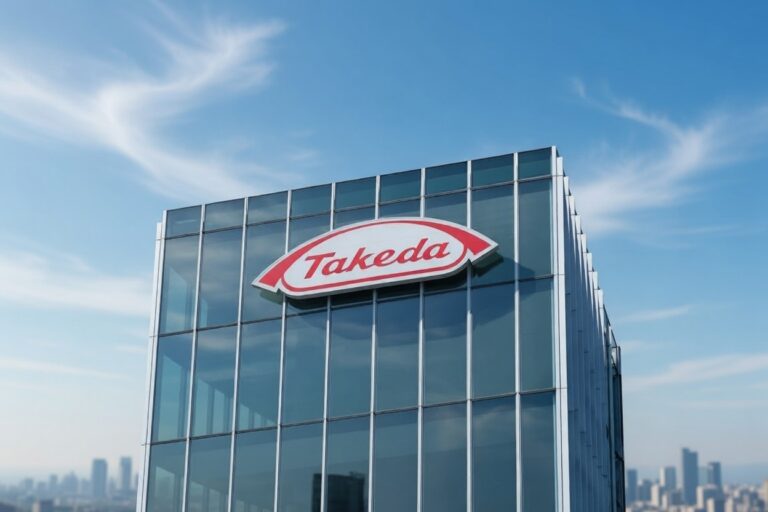
UroGen Pharma Ltd. (Nasdaq: URGN) has unveiled significant findings from a sub-analysis within the largest real-world patient cohort evaluation of JELMYTO (mitomycin) for pyelocalyceal solution, presented at the American Urological Association Meeting 2024 in San Antonio, TX. This analysis focused on patients with low-grade Ta upper tract urothelial carcinoma (UTUC) who demonstrated complete responses to induction therapy (n=53). The results showcased an impressive 86% recurrence-free survival rate at the 24-month mark, encompassing a diverse range of patient profiles, regardless of initial disease characteristics or whether JELMYTO was used for chemoablation or post-endoscopic ablation.
Of note, among the complete responders who received maintenance therapy (30%), the recurrence-free survival rate at 24 months reached 100%, in contrast to 61% for those who did not undergo maintenance therapy. Dr. Adam Feldman, Urologic Oncologist at Massachusetts General Hospital, expressed optimism about these outcomes, emphasizing the favorable response observed in low-grade UTUC patients following initial induction therapy with JELMYTO. Importantly, there appeared to be no significant variance in disease recurrence based on tumor characteristics or timing of administration, underscoring the robustness of the treatment.
Another analysis within the same patient cohort, presented by Dr. Yair Lotan from UT Southwestern and Parkland Health and Hospital System, further bolstered these findings by highlighting the efficacy of maintenance therapy with JELMYTO post-induction treatment, which achieved a remarkable 100% recurrence-free survival rate.
Data collected from 15 centers on patients treated with JELMYTO for UTUC indicated a cumulative median follow-up of 22 months, with 107 cases of low-grade UTUC included in the analysis. Exploratory analyses were conducted to assess the impact of tumor size, ureteral involvement, and multifocality of UTUC on recurrence-free survival at 24 months.
Mark Schoenberg, MD, Chief Medical Officer at UroGen, emphasized the significance of these findings, affirming JELMYTO’s pivotal role in providing positive long-term outcomes for patients with low-grade upper tract urothelial cancer. However, it’s important to note the limitations of these sub-analyses, including sample size, retrospective design, absence of a control group, and lack of centralized pathology review and standardized clinicopathologic assessment.
To delve deeper into the potential of JELMYTO for UTUC treatment, investigators are actively enrolling patients in the prospective and retrospective uTRACT Registry. This initiative aims to gather data in a large-scale, standardized manner, providing further insights into patient outcomes following JELMYTO treatment, including long-term longitudinal follow-up.





